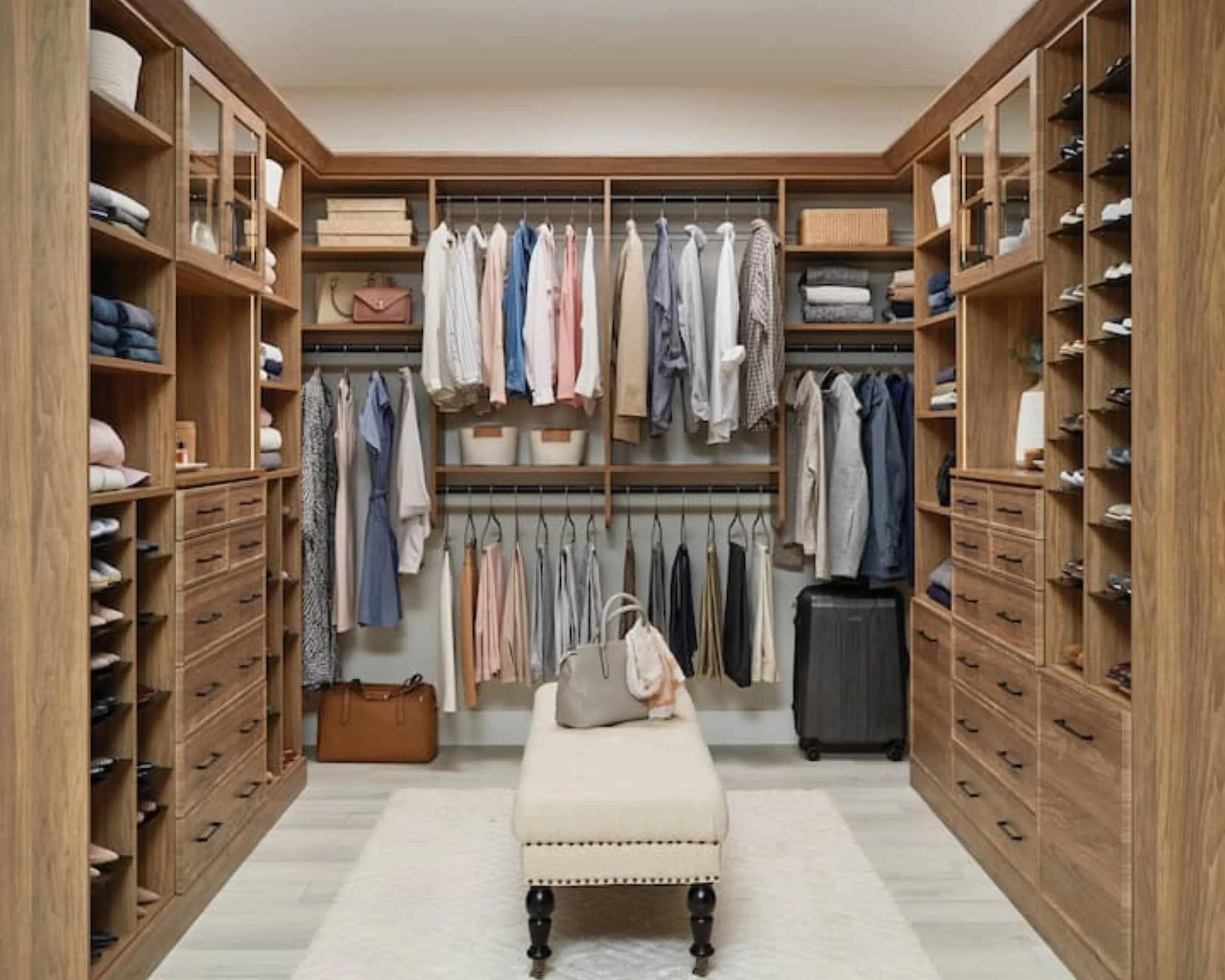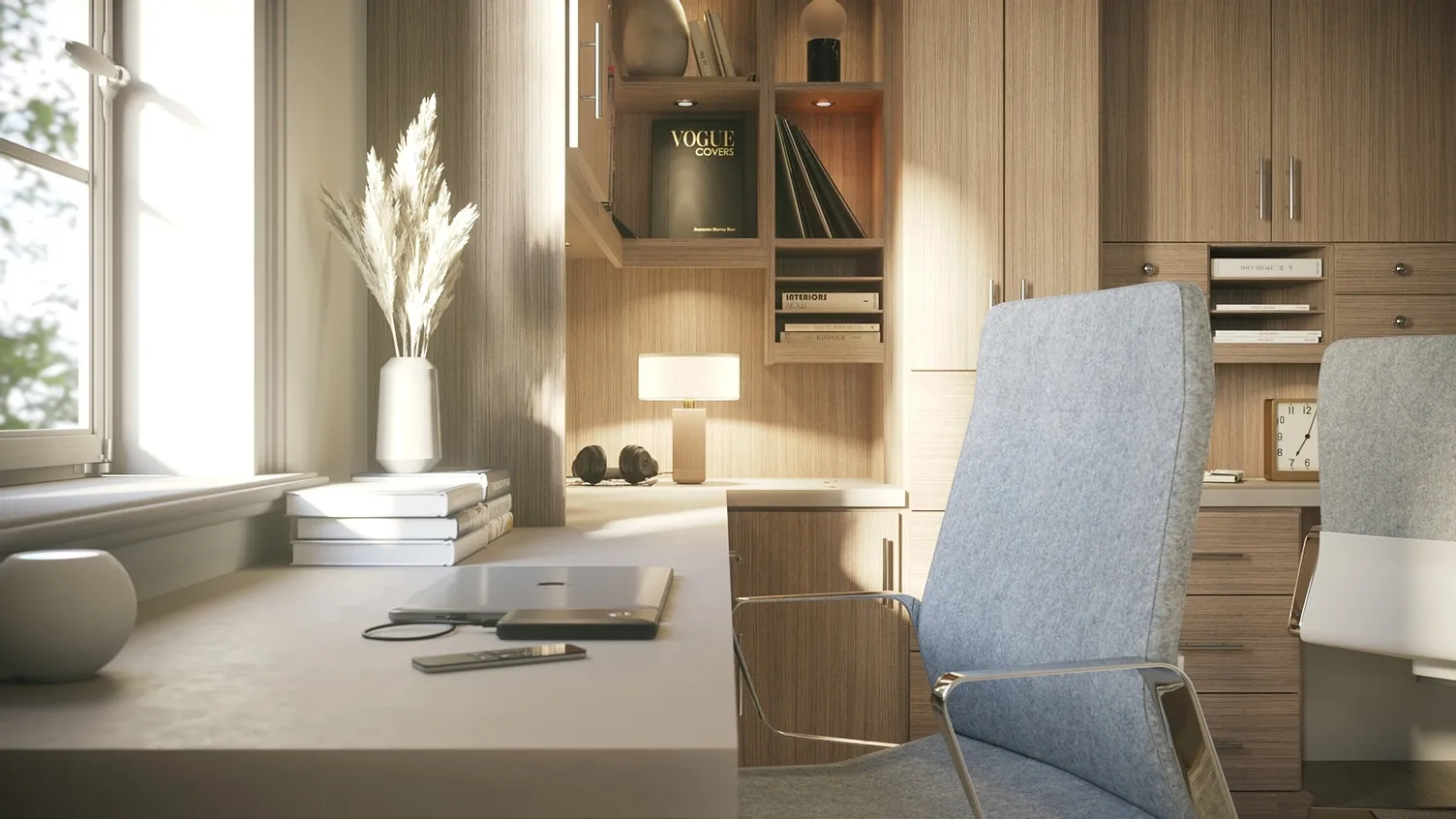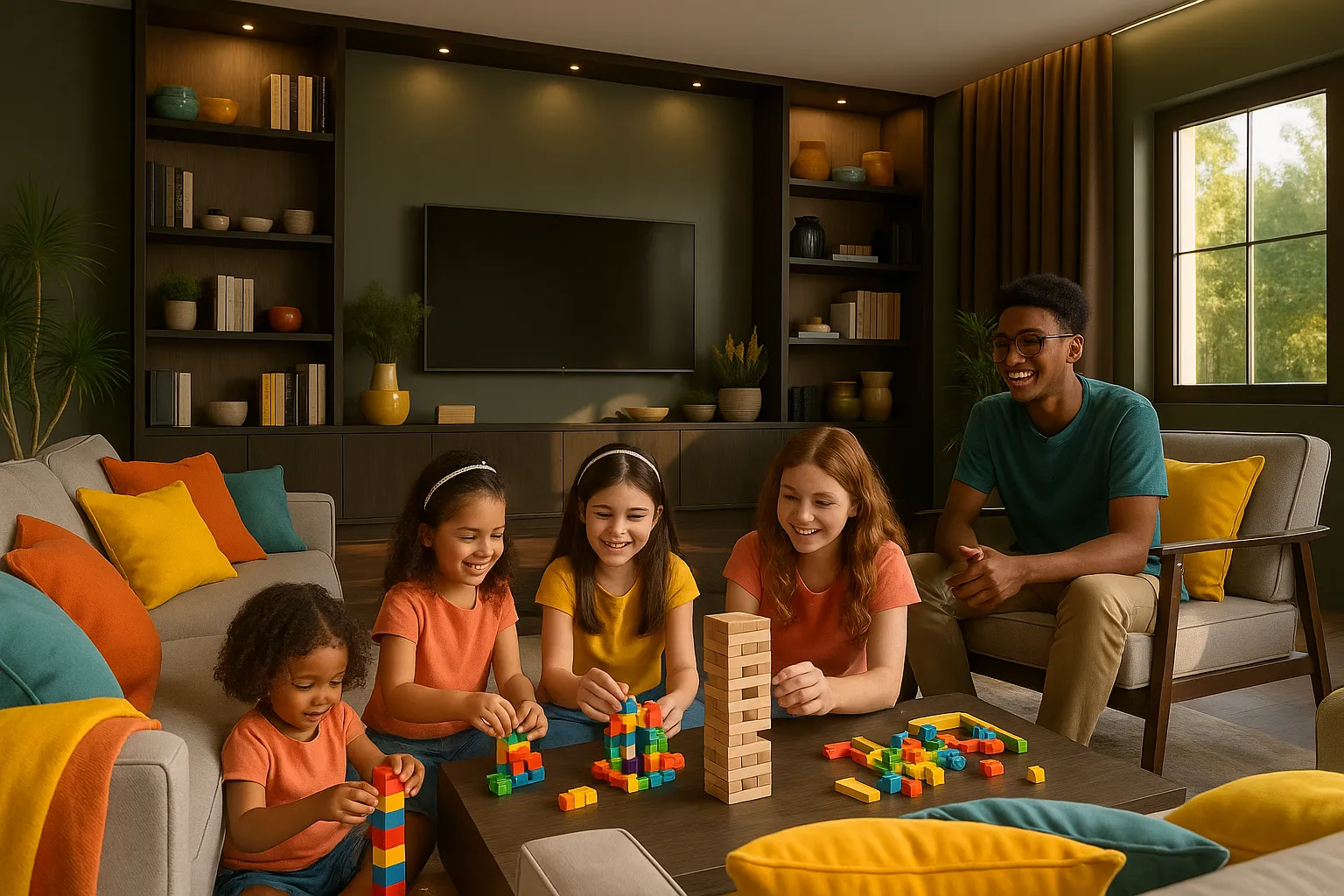An organized home does more than just look tidy—it plays a significant role in enhancing mental health and overall well-being. From reducing stress to improving sleep, the benefits of a clean and clutter-free environment are backed by science. Let’s dive into how an organized home can positively impact your mental health and explore some practical tips to get started.
1. Reduces Stress and Cortisol Levels
Cluttered environments can elevate cortisol, the body's primary stress hormone. Research shows that women who described their homes as "cluttered" had consistently higher cortisol levels throughout the day compared to those who viewed their homes as restful and restorative. Elevated cortisol is linked to chronic stress, which can negatively affect both mental and physical health. By maintaining an organized space, you can create a sanctuary that promotes relaxation and reduces stress.
2. Enhances Mood and Emotional Well-being
Living in a clean and organized space is associated with improved mood and reduced feelings of anxiety and depression. The act of decluttering itself can be therapeutic, providing a sense of accomplishment and control. This boost in self-esteem and emotional well-being can have a ripple effect, improving your overall happiness and mental health.
3. Improves Focus and Productivity
A cluttered environment can be distracting, making it harder to concentrate and complete tasks. Studies have shown that a tidy space helps minimize distractions, allowing for better focus and productivity. When your surroundings are organized, your brain can process information more efficiently, leading to improved task performance and mental clarity.
4. Promotes Better Sleep
Your bedroom environment plays a crucial role in the quality of your sleep. A clutter-free bedroom can contribute to a more restful night. According to the National Sleep Foundation, people who make their beds every morning are 19% more likely to report getting a good night's sleep. A clean and organized bedroom creates a calming atmosphere, helping you unwind and prepare for restorative sleep.
5. Encourages Physical Activity
Cleaning and organizing your home isn’t just good for your mental health—it’s also a form of physical activity. Engaging in these tasks increases movement, which can boost endorphin levels and improve overall physical health. The combination of physical activity and a sense of accomplishment can enhance your mood and energy levels.
6. Creates a Sense of Control and Calm
In times of stress, having a sense of control over your environment can be incredibly comforting. An organized home provides predictability and order, which can help create a peaceful and calming atmosphere. This sense of control can be especially beneficial during periods of uncertainty or chaos.

Practical Tips to Get Started
If the idea of organizing your entire home feels overwhelming, don’t worry! Start small and build momentum with these simple tips:
- Start with One Area: Choose a single room, drawer, or closet to tackle first. Focusing on one area at a time makes the task more manageable and less intimidating.
- Use the “One-Year Rule”: If you haven’t used or worn something in the past year, it’s time to let it go. Donate, recycle, or discard items that no longer serve a purpose.
- Adopt the “One In, One Out” Rule: For every new item you bring into your home, remove one item. This helps prevent clutter from building up over time.
- Create Zones: Assign specific areas for different activities or items. For example, designate a spot for keys, mail, and other daily essentials to avoid misplacing them.
- Invest in Storage Solutions: Use bins, baskets, and drawer organizers to keep items neatly contained. Labeling these containers can make it even easier to find what you need.
- Declutter Regularly: Set aside time each week or month to declutter and reorganize. Consistency is key to maintaining an organized home.
- Make Your Bed Daily: This simple habit can set a positive tone for the day and instantly make your bedroom feel more organized.
- Digitize Paperwork: Scan and store important documents digitally to reduce paper clutter. Use cloud storage or external drives to keep everything secure and accessible.
- Involve the Whole Family: Encourage everyone in your household to participate in keeping the home organized. Assign age-appropriate tasks to children to teach them the value of tidiness.
- Celebrate Small Wins: Acknowledge and celebrate your progress, no matter how small. Each step you take toward a more organized home is a step toward better mental health.
Small Steps, Big Impact
Incorporating organization into your daily routine doesn’t require a complete home makeover. Start small—tidy up a single room, organize a drawer, or declutter your closet. These small steps can lead to significant improvements in your mental health and overall quality of life.
Final Thoughts
An organized home is more than just a visual treat—it’s a powerful tool for improving mental health and well-being. By reducing stress, enhancing mood, and promoting better sleep, a clean and clutter-free environment can transform your life in ways you might not expect. So, why not take the first step today? Your mind (and home) will thank you.










